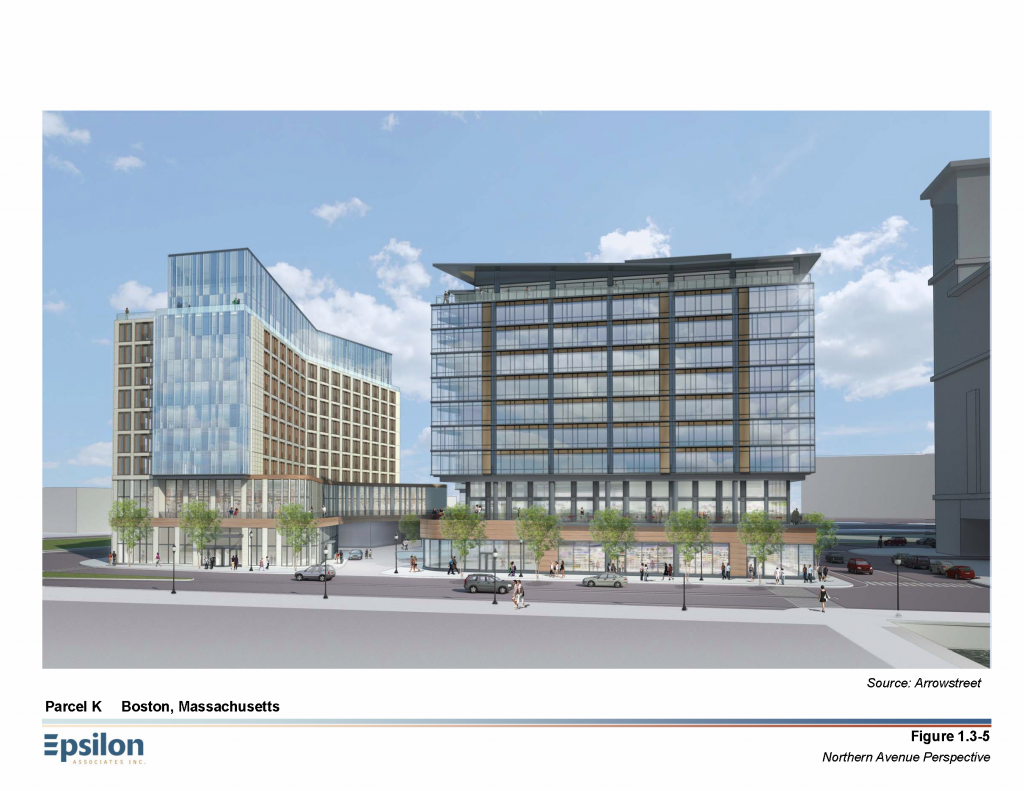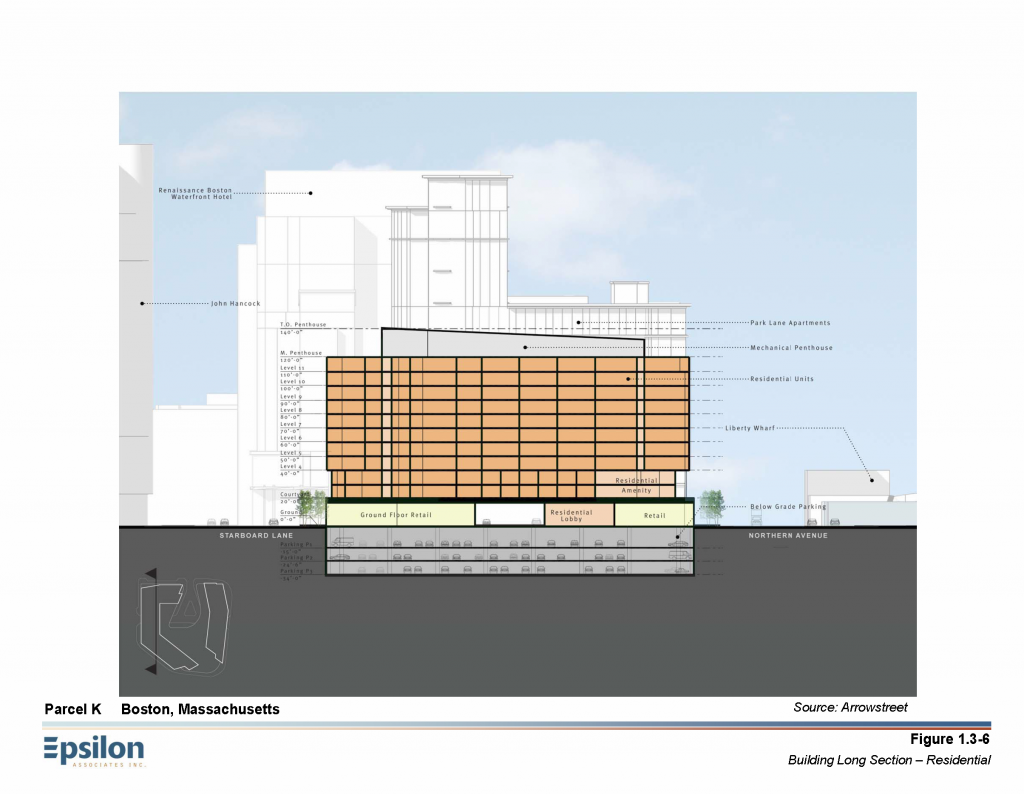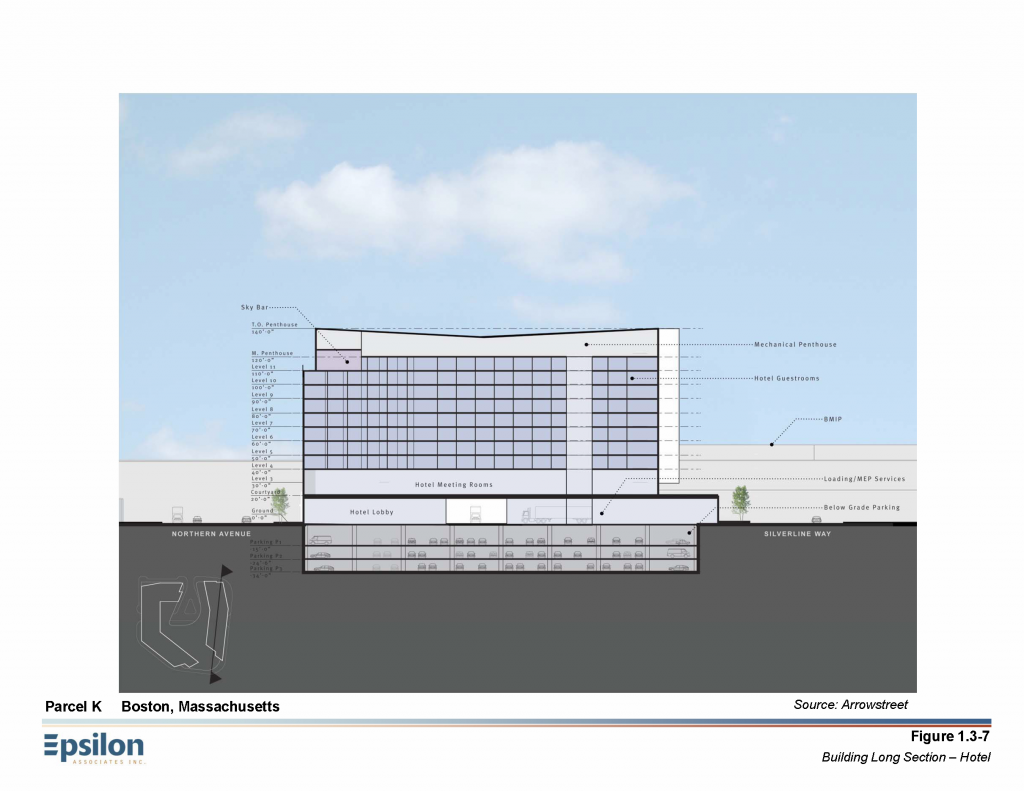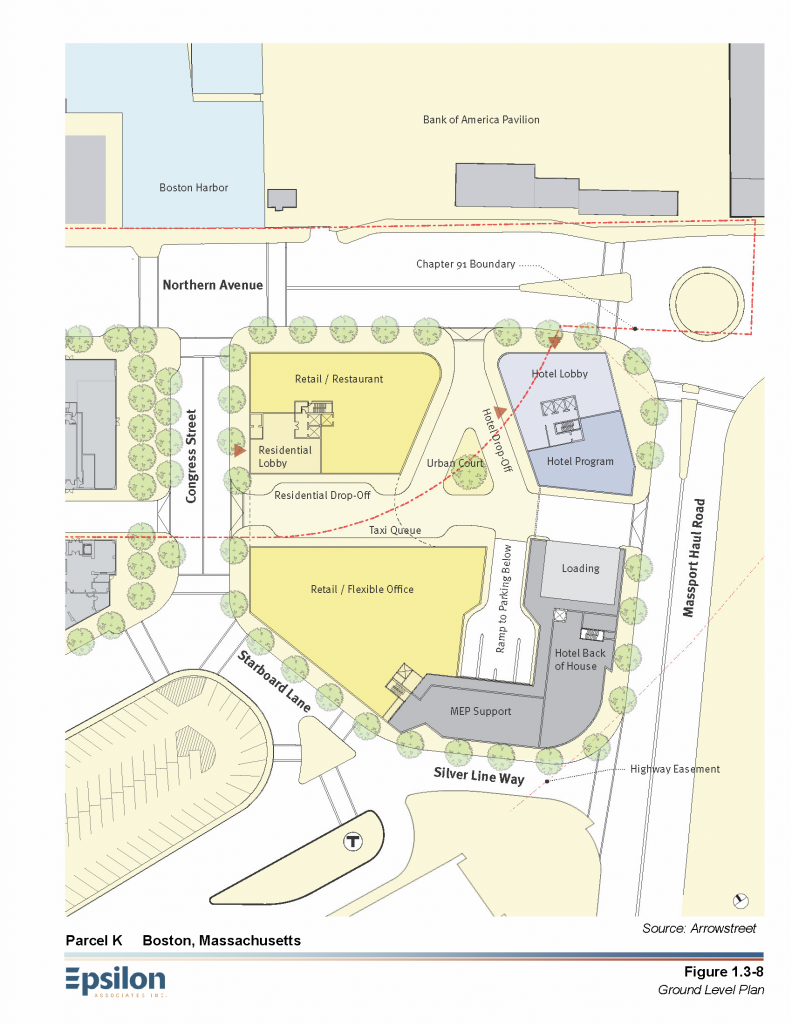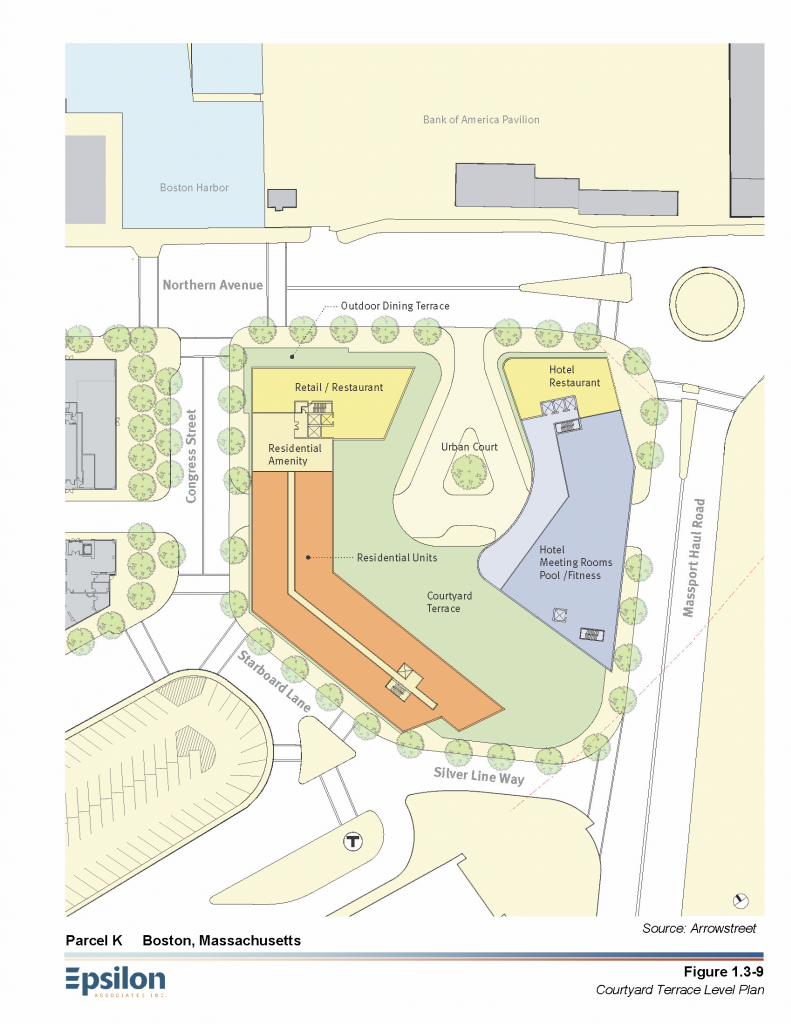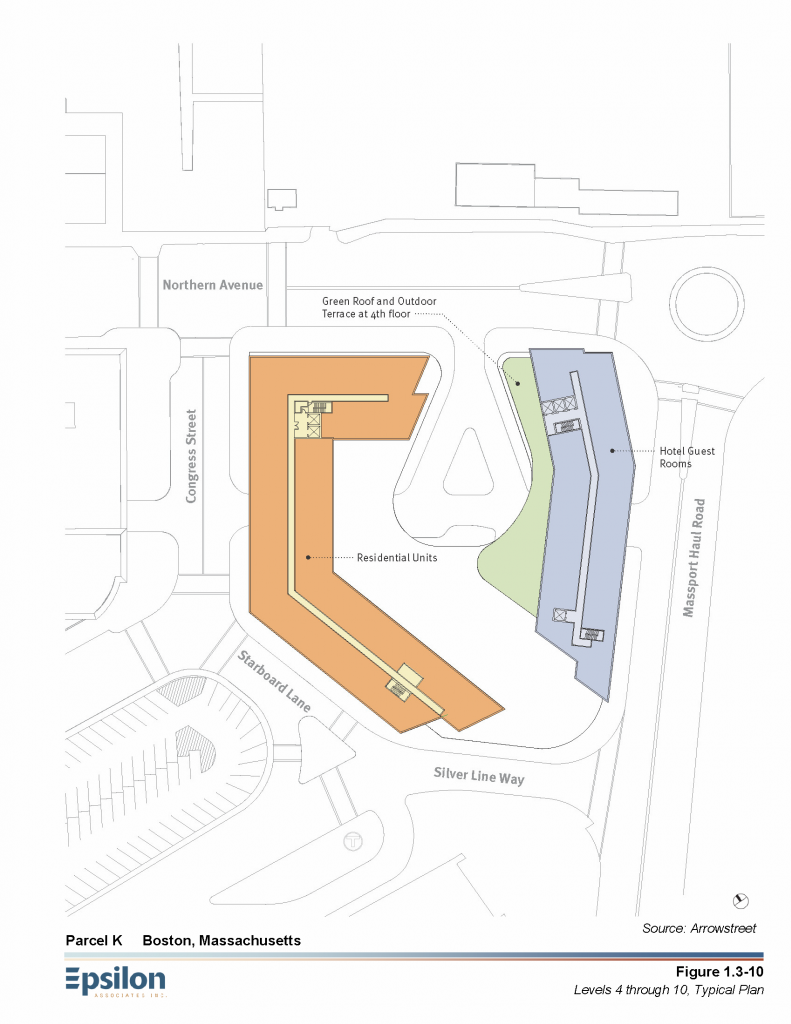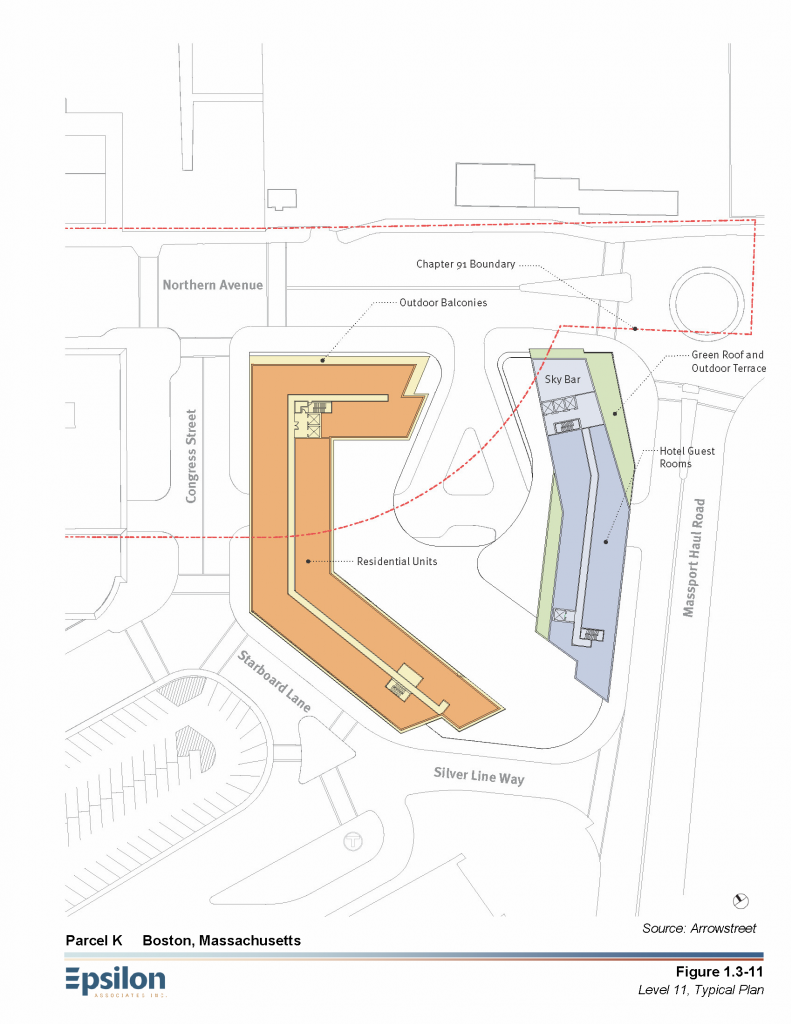Re: Innovation Dist. / South Boston Seaport
The notion that Boston's waterfront will evolve as Kendall did, with a 20-year trajectory of affordability, is ludicrous.
The "Innovation District" propaganda is contradicted by data (my own) showing that a declining number of small startups (2-10 employees) leased at market rate every year since the BRA introduced the initiative. The ID buzz is serving as a distraction from meat and potatoes --> waterfront <-- planning.
The "Innovation District" PR, lacking any substantive initiatives for startups or entrepreneurs long term, has served to streamline approvals of bland class A office and BCEC hotels, not a long-term strategy incorporating critical housing, civic uses, ground floor activation, etc. Another 5 years has passed without engagement of Bostons' civic and cultural sectors in a dialog regarding opportunities for ground floor space in new construction.
Lastly, I'll suggest for this "architecture" forum, there was no other district citywide that merited a better opportunity for the world's most diverse and interesting architecture. I don't need a lecture on financing or building what's possible for a given economy. With support from the BRA, Seaport speculators have been siphoning off profits, flipping BRA-approved tracts, increasing construction costs in the process, for 15 years. While building nothing.
As for District Hall, its lease expires in 4.5 years. The BRA has an option to renew for 5 years. It's quite lovely and fun for newbies unaware of the past or concerned with the long-term trajectory of the waterfront. A better metaphor could not be contrived.
EDIT: typo
Where should new Class A office space be built if not on the last unimproved section of the waterfront that has excellent north/south/east/west highway access and prime proximity to the airport? Boston is an economic engine for the northeast and, actually, Earth, not a retirement community or preserve for the capital of foreigners, say like Miami is. And it's also height-restricted. So it's not going to look like Vancouver or Miami in terms of layout, density or uses. Instead, as should be plainly obvious to anyone who has driven through or bothered to follow the master developments, its going to be a mix of high-end housing, office space (Class A on the lots, varying classes in Fort Point) and parkland with hotels spread around to support the convention center that is bookended by the SPID and 02127 South Boston.
When I read these posts I can't help but think you believe the SPID sucks because (1) you didn't plan it and (2) the focus is on mixed uses, not just residential.
As for (2), I'm glad the city isn't repeating the mistakes it made with the West End, which was primarily zoned residential during urban renewal and is now an eerily quiet and desolate place, Charles River Park area especially. You just need to pick up the Globe to understand the plan is to build high-end housing in the SPID and link it by boat to lower-cost areas like East Boston and, to a lesser extent, Charlestown and the commuter-boat suburbs. Red line access (south station) and Silver Line access is already there. Pretty logical but I guess you either don't see this or think it's a bad idea?
As for (1), the SPID isn't perfect but I can't understand how you can think it's this bad. Your critiques don't seem constructive. In the past you've indicated the issues are that none of the buildings are fit for a "world-class" waterfront and lack "blackbox" theaters. Huh? Meanwhile the pace of parcels sold, permitting, construction and overall development has improved dramatically year-over-year each year since 2009 or maybe 2010. There's actually a considerable amount of public space, primarily in the form of open space right on or adjacent to the water with more planned and in the works.
Bottom line, it isn't awful and not everything sucks about it. It's actually decently-planned and starting to come together. I can testify to the activity on Congress Street, where I live and will try to post some photos from 1IP, where I work, that make the SPID look like a jigsaw puzzle that's finally coming together.

